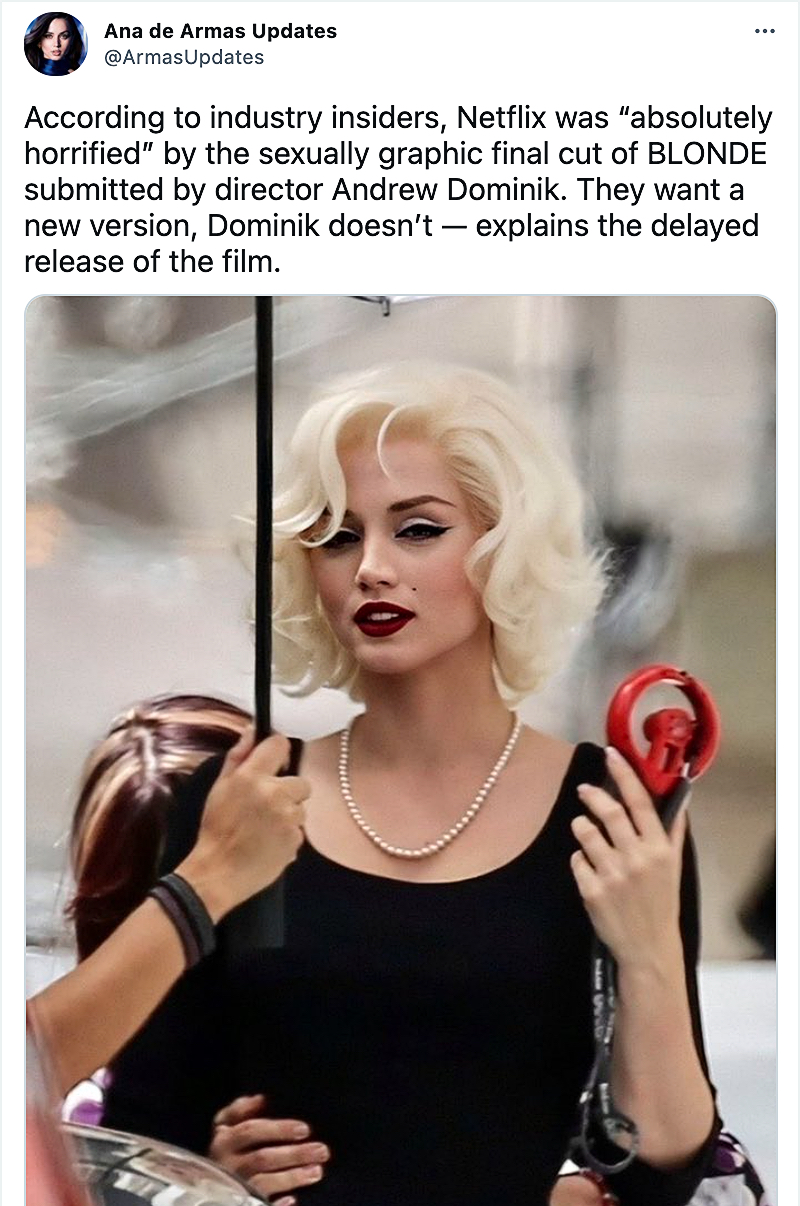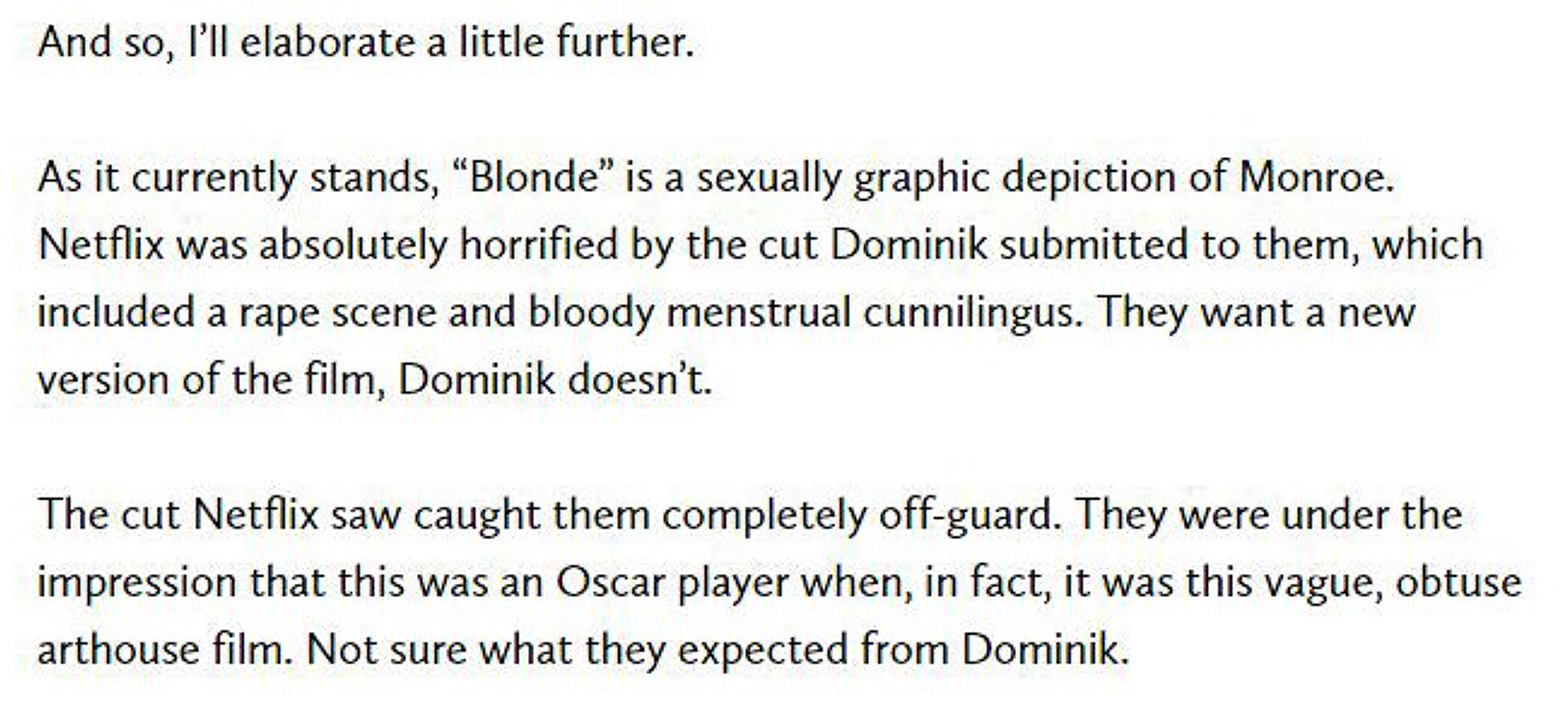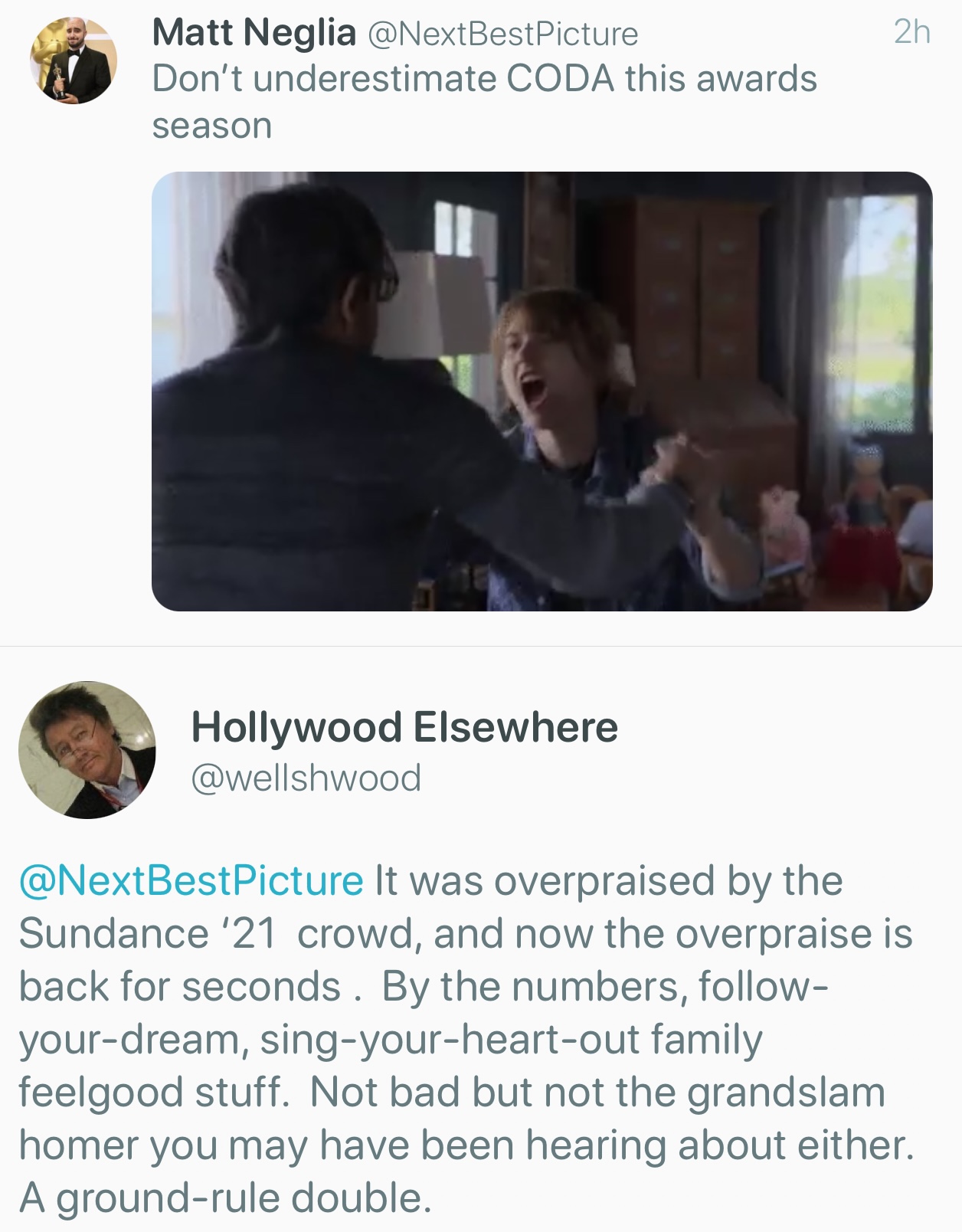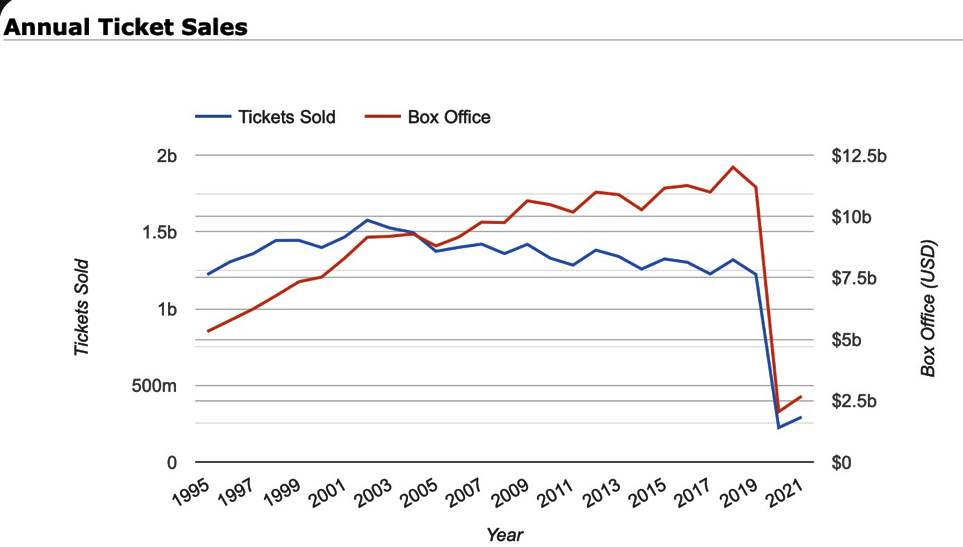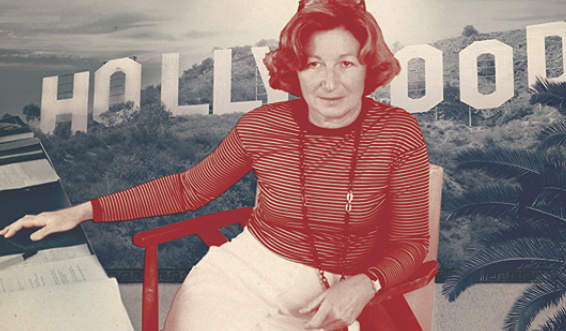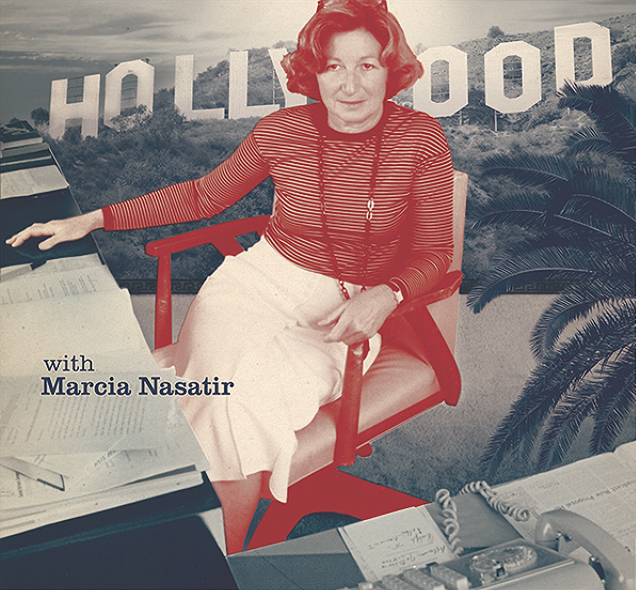[Posted on HE Plus on 10.10.18] If the definition of a successful heterosexual relationship is one that lasts a long while, then I’ve pretty much been an embodiment of failure my whole life. I’m thinking it couldn’t hurt to review this life-long pattern from time to time. If you find this sort of thing icky or tedious, fine — don’t read it. But I have lots of stored-up material.
My basic problem is that in the realm of serious, committed relationships I’ve always been emotionally and spiritually attracted to women of character, steel and substance, which is to say strong, smart, bossy women like my mother. But for whatever reason I’ve always felt less than fully “attracted” to these women on a long-term basis, and so sooner or later — sadly, lamentably — the sensual, Henry Miller or Anais Nin-type currents have always seemed to fall away.
I’ve always completely trusted and valued the various mother-figure types, but I’ve always had a strange concurrent thing for exotic fruit — unhappy or bothered women, passionate loonies like my late sister, impulsive poet-kooks, MILFs when I was in my teens and 20s, kamikaze women, curvy fly-by-nighters and gloomheads of various shapes and modes.
I’ve never been able to reconcile the two, and now that my chasing days are over I’m realizing that my inability to settle into one frame of mind is the fundamental reason for my lifelong failure to find any semblance of long-lasting peace with this or that woman.
The best I can say for myself is that I’ve had good chapters in my life — periods when things were working out pretty well on a professional or creative front, which have left me with a semblance of calm and self-respect, which in turn allowed for the offerings of emotional consistency and trust and financial security as far as that went with journalist-level income, which was never very far.
The best relationships I’ve had with women over the decades have been those of a non-sexual nature, or those that began sexually but then moved past that. I’m glad to say that several women have become this kind of friend and confidante — women whom I love, trust, respect and will always feel close to, and thank fortune for that.
Low self-esteem — a psychological malady that came from my father’s alcoholism — has been tugging at my psyche from the time I was four or five years old, but it really ran the show for the first 25 or 30 years. I know I was plagued with sexual insecurity — a fundamental restlessness or unhappiness with almost every aspect of myself when young — and so the attentions of women were mostly coated with anxiety and terror and feelings of unworthiness until I hit my stride as a writer-journalist in my 30s, and even then things were touch-and-go.
I’ve never regarded myself as any kind of prize, and I’ve felt enormously grateful and redeemed whenever a woman whom I regarded as saucy, formidable or otherwise fetching opened her heart and waved me in, so to speak. I was a complete romantic failure with women until I was 19. I became a total hound in the ’70s and early ’80s, which is when my batting average shot way up. I mentioned a few years ago that the tally is around 175, give or take. I began to make a serious count sometime around ’78, writing down names and dates on a diary-like journal when I was living in a cockroach-infested apartment on Sullivan Street. It took a couple of months but I gradually compiled a list of around 135.
I was out of the game after getting married in ’87, and back into things after the divorce in ’91. I’ve been seriously in love with maybe six or seven women, up to and including my present wife Tatyana.
I came to a realization that I’d bonded with my first “girlfriend” when I was six or seven. I became close with my second significant girlfriend when I was eight or nine. My first “sexual” experience was an awkward thing in the backseat of a car when I was 16 or thereabouts. (Such things happen from time to time.) I only wish I’d been lucky enough to be seduced by a junior-high-school teacher or a divorced or disloyal MILF at that age.
The second most painful relationship of my life was with a Connecticut high-school blonde who had two other boyfriends besides myself, and I wasn’t even a boyfriend but a kind of relief pitcher who never even warmed up in the bullpen. The most painful, achey-brakey, slow-drip relationship of my life was with a married woman whom I met in the offices of People magazine — a relationship that lasted for two and a half years, and which was arduous and humiliating at every turn.
